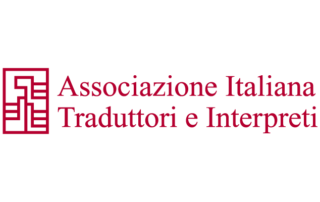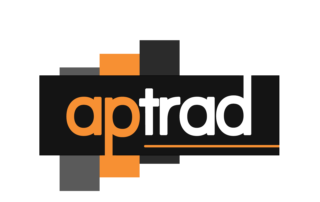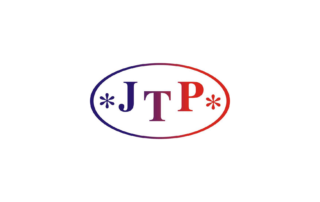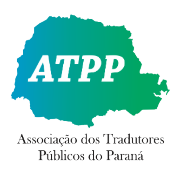Are you considering joining any of the professional associations for translators? If you’re serious about your career, it might actually be a good move for you. It may help you build more credibility, expand your professional network, as well as develop your skills. In many circles, membership in a professional association carries prestige and signals recognition.
Membership in professional organizations gives its members some rights, but there are also obligations. So it’s advisable to examine closely each association’s profile and activity before making the decision. Take your time to determine whether belonging to it gives you only the prestige, or if it will also allow you to gradually expand your linguistic skills and give you valuable insight into the translator’s bread and butter.

What might be the benefits of joining professional associations for translators?
-
Help in finding jobs
For starters, making a decision to join an organization means that you are determined to pursue a career in this field and that you are a committed professional. Whether you are just taking your first steps in the field, or an old stager, becoming a member of an organization can help you land new projects. Many professional associations provide its members with job listings entered by other members or various companies or institutions. Other benefits might include being listed in the member directory and getting a professional profile.
-
Professional development
One of the biggest advantages that is difficult to overestimate are professional development opportunities. Most professional associations for translators offer various training courses, webinars, workshops, and other resources, many of which are members-only. Other than that, you can often expect significant discounts or reduced fees for industry conferences. You often get access to professional publications, newsletters, the organization’s magazine etc. That way, it’s much easier to also keep up to date with recent developments and trends in the field.
Some of the more reputable associations, such as ATA, GTI or ITI also offer certification and qualified translator assessment programmes. Certification is a nice way to show others that you are a trustworthy professional with solid knowledge of your field.
-
Networking
Translating has a reputation for being a solitary profession, which is especially true for freelancers who work from home. That’s why you shouldn’t turn down any opportunity to interact with fellow translators. In this way you can exchange experiences, ask or get help from other specialists in the field and make new contacts. Belonging to a professional community might also have more of a psychological value. You may end up learning how to cope with stress, dishonest clients or occupational burnout.
-
Mentoring and scholarships
Many associations offer various scholarships and mentoring programmes aimed especially at younger members, who are still studying to pursue their career in translation. Within the framework of such programmes students can seek professional help or advice from much more experienced individuals.
There are numerous international associations for translators and interpreters, for example: International Federation of Translators (FIT) or International Association of Professional Translators and Interpreters (IAPTI). But perhaps you should also consider looking for one based in your country of residence, or specific to your language pair. That way, it would be easier for you to attend local events and follow current news.
A translator who wants to develop can’t stand still. They need to go forward to effectively overtake the competitors and meet the demands of the linguistic market. Membership in translation-related organizations and associations is a great opportunity to join professional communities, of both local and international scope.










